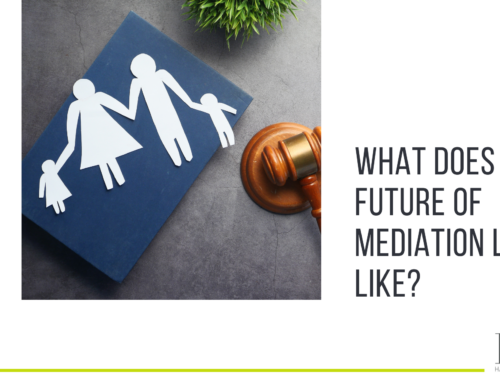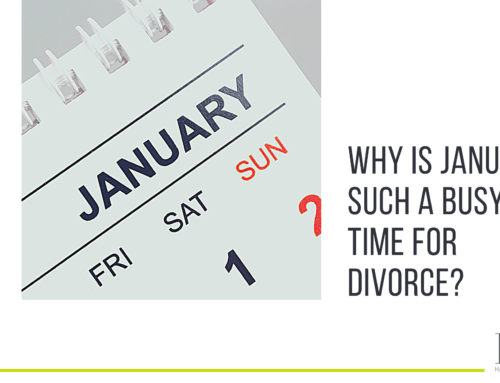On 6 April 2022, the no-fault divorce is due to come into force. This is a welcome change for the legislation’s supporters who believe it to be a real step forward when it comes to reducing conflict in the event of a marital breakdown.
We’ve previously written about the no-fault divorce, exploring what it is, what’s involved and the wider impact it will have. Today, we’re taking a look at some of the stand out changes, and what you need to know before deciding whether it’s the right path for you.
You can apply for the divorce jointly as a couple
As the law currently stands, one spouse issues divorce proceedings (the petitioner) and the other responds (the respondent). Whilst this option will remain, there will also be a new option for separating couples to apply jointly.
In either case, no explanation or evidence of the breakdown of the marriage needs to be given. Inflammatory allegations of bad behaviour or adultery are not allowed. So for those couples who are on the same page when it comes to ending their marriage, this is already a much less contentious start to divorce proceedings.
A no-fault divorce can’t be contested
It can be very costly, time-consuming and emotionally draining when one spouse contests a divorce. The case of Tini Owens is perhaps the most prolific example of such a situation. Here, Mrs Owen’s appeal was unanimously rejected by the Supreme court after her husband refused to agree to their divorce.
Whilst contested divorce proceedings are relatively rare, under the no-fault divorce the option of contesting the proceedings is removed completely.
A no-fault divorce isn’t necessarily quicker
Under the no-fault divorce, couples must wait a minimum of twenty weeks between applying for a divorce and it being finalised, giving couples the chance to reflect on their decision and be sure this is the right thing for them.
There’s a huge misconception that the change opens the door to the idea of the ‘quickie’ divorce. In reality, this simply isn’t the case. In practice, particularly if the finances need to be settled, it’s unlikely for any divorce to be brought to a conclusion in less than six months.
The no-fault divorce doesn’t replace the need for legal advice
Whilst the no-fault divorce aims to avoid contention and encourage a more collaborative approach, it doesn’t mean that you won’t need legal advice.
There’s been the temptation on the part of many couples to wait until the no-fault divorce is made law before embarking on their divorce. On the face of it, this is an unproblematic approach. But what happens when there are finances to negotiate, or arrangements for the children to be decided?
Ultimately, finalising any financial arrangements in a legally binding court order is still very important. Otherwise you could find yourself dealing with a financial claim in the future, even after your divorce is finalised. Not sure on when to obtain independent legal advice? Check out our previous blog on why you should instruct a family solicitor sooner rather than later: https://harrogatefamilylaw.co.uk/why-you-should-instruct-a-family-solicitor-sooner-rather-than-later/
We’re here to help
Divorce comes with a number of considerations, and finalising it can have wide reaching legal and financial implications for you and your family. Before making any decisions, it’s vital to get the expert legal advice you need, even if that’s just to decide whether the no-fault divorce is the best option in your circumstances.
At Harrogate Family Law, we’re here to help at every step of your legal journey. To work with a team that’s always in your corner, get in touch with us today.






